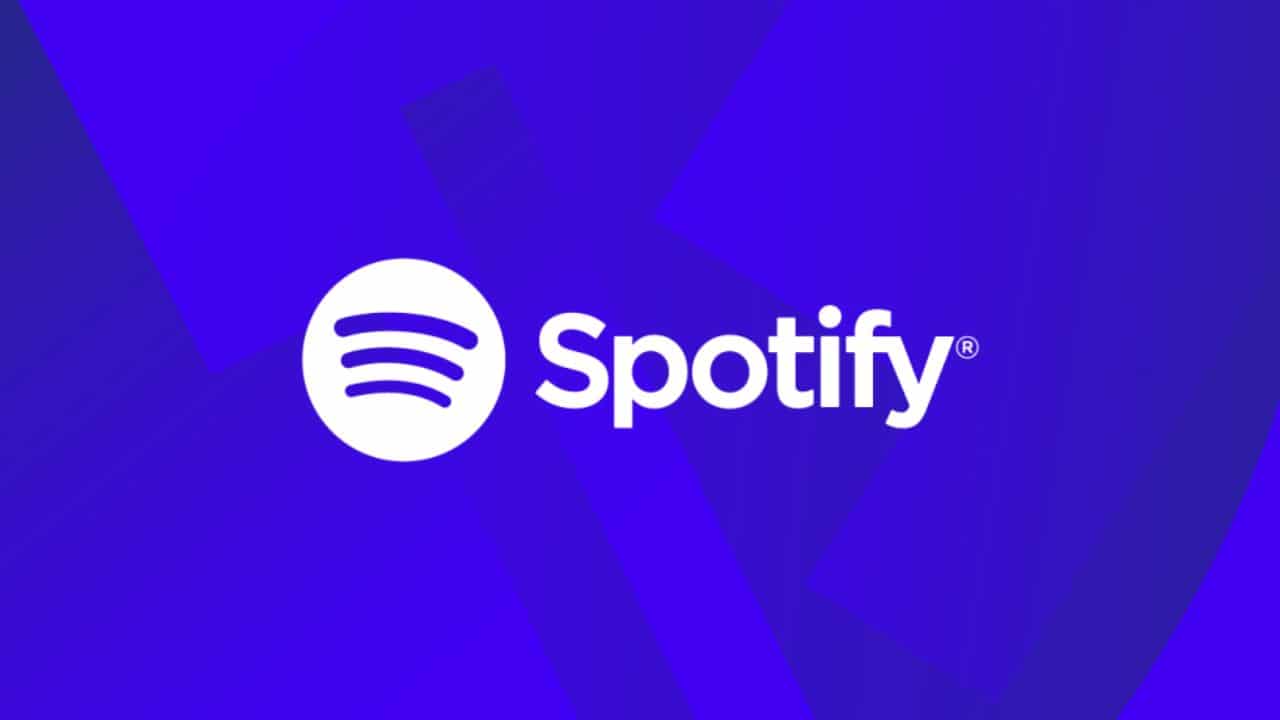

Spotify announces new royalty model with minimum stream threshold
Spotify to demonetise tracks with under 1000 plays annually, reallocating royalties to top artists.
Spotify is set to make the most significant changes to its royalty model since its launch in 2008, according to Music Business Worldwide. The most controversial of these changes is a new minimum annual threshold of 1000 streams that every track will have to generate before any money is paid out to the artists and rightsholders behind it.
This means that over half of all songs on Spotify will no longer be eligible for royalty payouts, as only 37.5 million tracks have topped 1000 streams in the history of the platform. Spotify says the aim of this move is to reallocate tens of millions of dollars from the 0.5% of artists on its platform that receive under 1000 streams annually to the other 99.5% of the royalty pool.
In addition to the new minimum stream threshold, Spotify is also introducing two other new policies next year:
- New anti-fraud measures: Spotify will be charging a penalty to distributors and labels that enable fraudulent streams. Estimates have placed the share of streams generated by fraudsters on Spotify at anywhere from 3% to 10%.
- New rules for “functional” content: Spotify will now require each functional track to be played for an increased length of time before it can generate a royalty for its creator. Functional content, or supposedly “non-musical” audio such as white noise and environmental sounds, was previously being gamed by some users who split their sounds into hundreds of 31-second tracks – just one second above the play-time required to earn a royalty.
Both of these decisions echo similar changes to streaming service Deezer’s royalty model revealed earlier this year. Deezer chose to go further, however, completely demonetising all the functional music on its platform.
Spotify’s decision to demonetise unpopular tracks is likely to be controversial, but some have pointed out that it will only affect those earning less than $5 a year from streaming payouts, sums so small that artists wouldn’t typically be able to withdraw them from their distributors’ accounts.
Impact on Independent Artists
The impact of Spotify’s new royalty model on independent artists is likely to be mixed. On the one hand, it will mean that many independent artists who were already struggling to make a living from streaming will now see their earnings drop even further. On the other hand, some independent artists may benefit from the fact that more money is being reallocated to the other 99.5% of the royalty pool.
It is important to note that Spotify is not the only streaming service that is changing its royalty model. Other services, such as Deezer and Apple Music, are also making changes in order to try to make their platforms more sustainable for both artists and labels.
Overall, the impact of Spotify’s new royalty model will depend on a number of factors, including how artists and labels adapt to the new rules and how the streaming market evolves in the coming years.
Image credits: Spotify


- PARISI cover Interview
- Ultra Music Festival 2024: A Tale of Triumph
